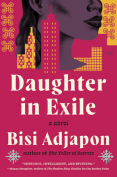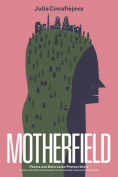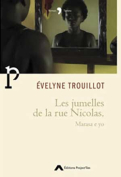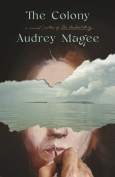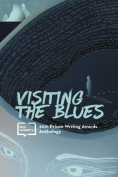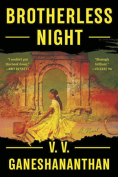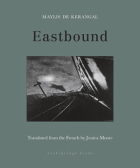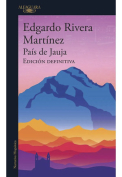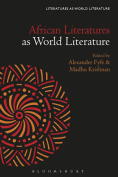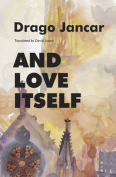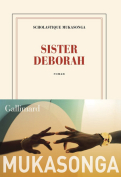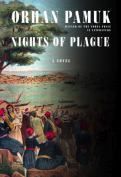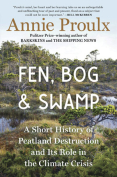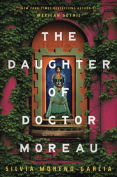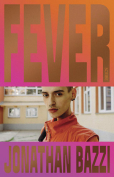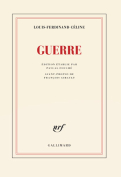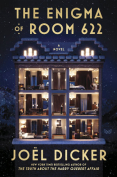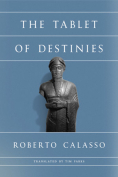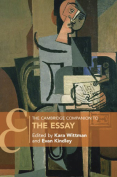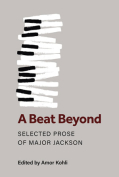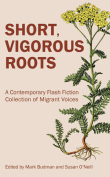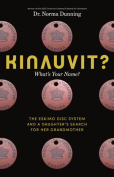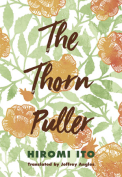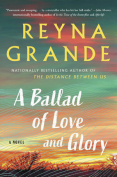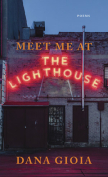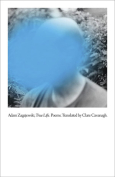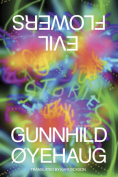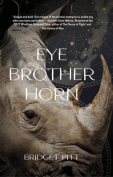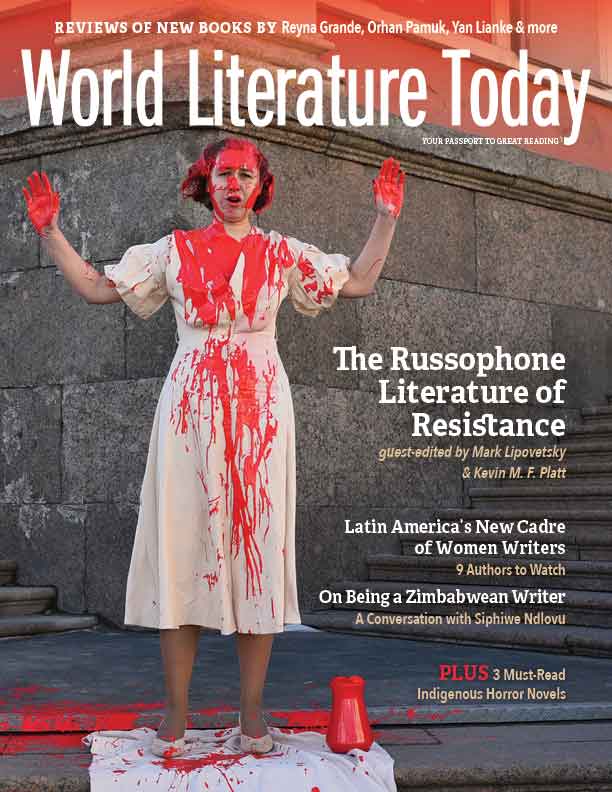True Life: Poems by Adam Zagajewski
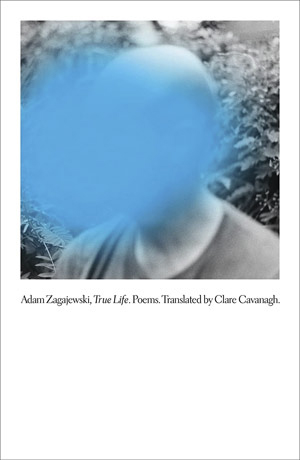 New York. Farrar, Straus and Giroux. 2023. 80 pages.
New York. Farrar, Straus and Giroux. 2023. 80 pages.
THERE IS SOMETHING MAGICAL about receiving a new book by an author who is no longer living. It is an unexpected gift, bringing with it a sense of excess or what Seamus Heaney called overlife, something over and above our expectations. Although it was inevitable that Adam Zagajewski’s last volume in Polish, Prawdziwe życie (2019), would be translated into English, the poet’s sudden death in 2021 created a deafening silence. Zagajewski represented something more than just a talented writer—he wrote with a voice that was, and is, inimitable and enigmatic. There is nobody who sounds like Zagajewski. The curious mixture of melancholy and gratitude, of mingled horror at history and celebration of beauty, was always infused by a tenderness that was his only. Something about his voice made us readers feel as if we were speaking with a dear friend, someone with whom we had moved past awkwardness, posturing, and drama for drama’s sake. His ability to create such an impression in thousands of readers and in a variety of languages is truly a feat. This is not the sort of achievement that one encounters often.
The fact that Clare Cavanagh manages to translate this indefinable quality of voice from Polish into English testifies to her skill. Her work has helped earn Zagajewski a large audience in English-speaking countries; indeed, the poet states that he has come to feel as if her translations were poetic originals. If there are occasional turns of phrase that will seem more familiar in Polish than in English (such as glancing historical references that depend on shared cultural freight), they are never alienating. Such gestures have been earned by a writer who is too often seen as a historical poet pure and simple. Zagajewski will always be associated with the anti-Communist resistance that remains an integral part of his legacy, but the mature poet who continued writing after the fall of communism in eastern Europe employed a different style and tackled different subjects than the young dissident of the 1970s. Today, Zagajewski is known for his everyday subjects, his aestheticism, his tender melancholy, and his indefinable spirituality—we may call it a type of mysticism. The poet’s personal history claims as great a share of our attention as the public history that he is associated with.
True Life retains the same ordering of poems as its Polish predecessor, which usefully allows readers to experience Zagajewski’s range: rather than clustering poems that treat similar topics, the volume is organized according to the principle of variety and surprise. It opens with “The Twentieth Century in Retirement,” thus summoning the historical awareness of what Czesław Miłosz dubbed the Polish School of Poetry, yet continues with an evocation of the poet’s parents, of other poets, of bygone acquaintances, of the poet’s travels, and, eventually, intensely personal anecdotes. Zagajewski has asserted that his poetry is more autobiographical than that associated with the Polish School. Readers of Miłosz, however, may counter that the difference between the two is not so much in the eschewal or embrace of autobiography as in the approach taken toward it. Zagajewski’s tone is strikingly modest; his emphasis is often on belonging to a humbled collective (“Rain in Lvov”) or an individual self that admits its capacity for error and for growth (“Enlightenment”). His poetic self that does not cover up its vulnerability, and the unguarded quality of his poetry, are among its most welcoming qualities. Such qualities breed both tenderness and humor: as the poet is tempted to stretch out a conceit (say, the practice of noting errata, or misprints, in books as a practice that begs to be applied to life itself), so he realizes the humor this may entail. It is both self-deprecating—he can feel the ponderousness of his own metaphor—and deftly ironic, as the poet concludes that errors may be incorrigible, and the urge to correct should be treated with gentle irony rather than moralistic zeal.
Zagajewski is our great poet of uncertainty. The deep center of his poems is often unplumbable, though not indescribable, as his poems masterfully manipulate suggestion and ellipsis. His questioning and wondering recall the Zagajewski of earlier decades, who titled a well-known poem “Mysticism for Beginners.” It is an uncertain mysticism based on not-knowing, and this volume contains a surprisingly acerbic poem, “Sunday,” rejecting religious dogmatism and corruption: “God is elsewhere, elsewhere,” while we “know nothing.” This is not the sort of visionary orientation that claims to receive great knowledge but one that recedes from the pose of knowingness. Elsewhere, Zagajewski’s poems play with a sense that “divinity” is “hidden everywhere, invisible,” yet perhaps capable of being sensed in a way that cannot be explained or summoned at will. Even when there is no revelation, Zagajewski does not turn to disenchantment. Instead, he describes landscapes and cityscapes in terms of atmosphere, gesturing toward their potential to bear significance. The lyricism of the poems, as well as their compression, carries the reader through their weighty content rather than pulling them down into it. Meanwhile, Zagajewski’s constant insistence that everyday, unemphatic moments of living are also worthy of recognition is an integral part of his character.
Midway through True Life, readers may feel an uncanny sense that the volume keeps coming back to the subject of ending, of final things. The poems are still varied in their focus, their location, and even their emotional tonality, yet somehow circle back to a sense of something ending. This sense is treated so variously and sometimes so delicately that to call it premonitory is to pin it down too firmly. The near-paradoxes of T. S. Eliot’s Four Quartets are echoed in such lines as “This is the east without sun, this is the sun / without summer, it’s not far now / to final places, to origins” (“The East”). It is possible to decouple conventional associations without creating paradoxes, but these lines suggest that the poet wishes to create a paradox of his own voice: celebratory and humble, grateful for the world’s beauties and its artists’ achievements, it has insisted that we learn to carry beauty within us, where it cannot die. He has insisted that darkness be counterbalanced by light. To hear him confront an east without sun, and to connect this sense of lack with the proximity of “final places,” is to feel an unexpected chill.
Although many poems in this volume meditate on the nature of “true life,” it often seems that this life can go its own way. The poet may be an observer, as many have noted of Zagajewski’s itinerant persona, but is also adept at making us see the distance between him and what he observes. True life contains distance and melancholy as well as enthusiasm, and Zagajewski’s achievement is to show us both. He is much missed, but this volume offers readers one final gift, well worth treasuring.
 Magdalena Kay is a professor of English at the University of Victoria. She focuses on twentieth- and twenty-first-century British and Irish poetry and has written three books, most recently Poetry against the World: Philip Larkin and Charles Tomlinson in Contemporary Britain (2018).
Magdalena Kay is a professor of English at the University of Victoria. She focuses on twentieth- and twenty-first-century British and Irish poetry and has written three books, most recently Poetry against the World: Philip Larkin and Charles Tomlinson in Contemporary Britain (2018).
